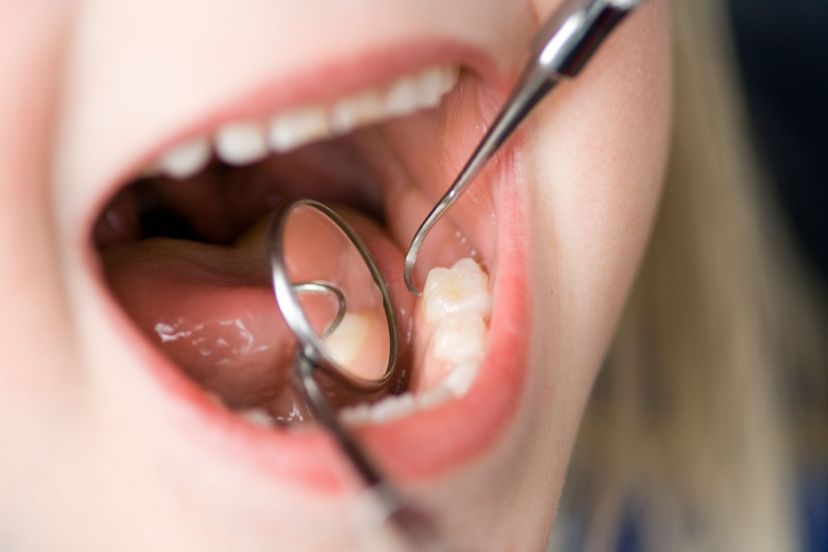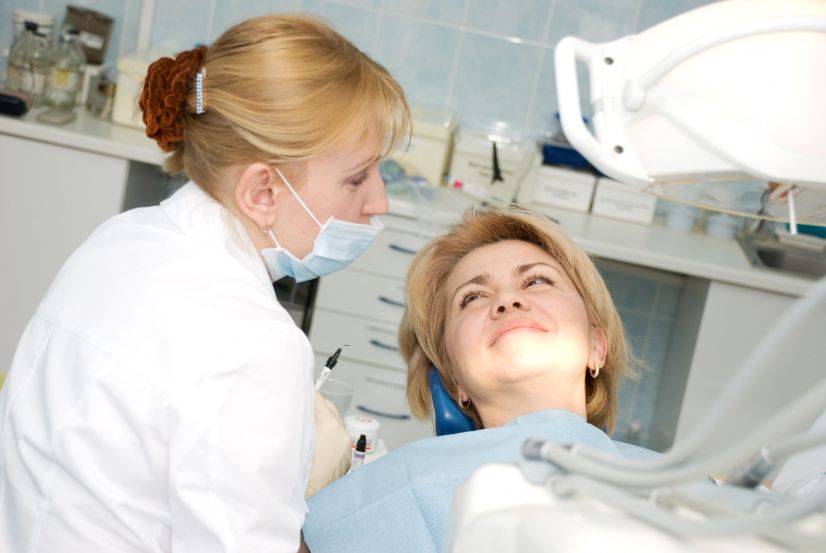Many parents are unsure when they should take their child to their Dentists in Phoenixville. The answer isn’t as difficult as most people make it out to be. The first query should be performed when the first teeth, otherwise known as the milk teeth, erupt. This, or at most, when the child reaches the first year of life, as establishing a preventive oral health program is vital to long-term goals. Ideally, when there is good oral health, the child should be seen every six months. In situations of high caries risk, this frequency should be reduced to three-month intervals.
At what age do the first teeth appear?
On average, the eruption of primary teeth begins between 6 and 8 months of age, and usually the earliest eruptions happen in girls. Between 2 ½ and 3 years of age, 20 temporary teeth will already be present in the oral cavity. Permanent teeth begin to erupt between 5 and 7 years and the third molars (wisdom teeth) may not always occur when they are supposed to. The earlier or later eruptions are not necessarily related to pathology; however, if the child shows no signs of eruption after turning one year old, they should be seen by their local Dentists in Phoenixville.
What signs or symptoms occur with eruption?
Symptoms most common are: reddish gums, increased salivation, loss of appetite and change in nutritional habits, anxiety and trouble sleeping. If your child has a fever, vomiting or diarrhea, you should consult your doctor because there may be another underlying cause. The discomfort can be relieved by wiping your child’s mouth 2 or 3 times a day with a wet gauze or using a teething ring. There are also gels available on the market.
When should you try to stop the use of a pacifier or bottle?
Sucking habits should be abandoned when the child reaches about three years old. This gives the body the possibility of self-correcting the dental arches. Regarding the bottle, the habit should be abandoned, ideally, when the child turns one years old. Some methods can be an asset, particularly if you gradually dilute the contents of the bottle. Your main goal is to get your child to use a cup with straw or a spoon when eating. If you see any of these telltale signs, please be sure to let our dentists know, as we specialize in treating this and all other conditions that may affect the health of your baby’s teeth. For more information contact the Pediatric Dentistry of Collegeville.



